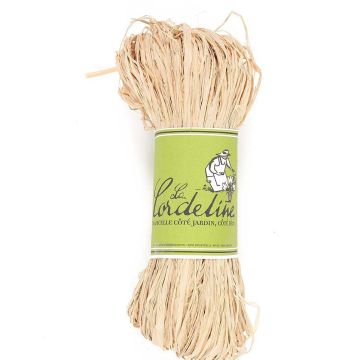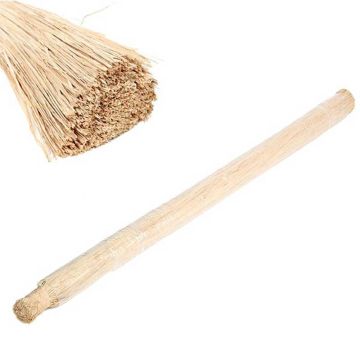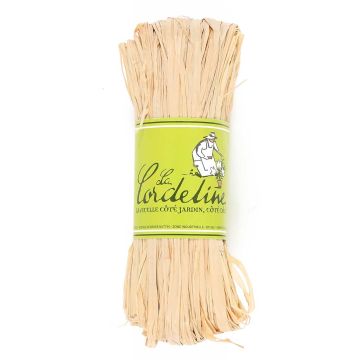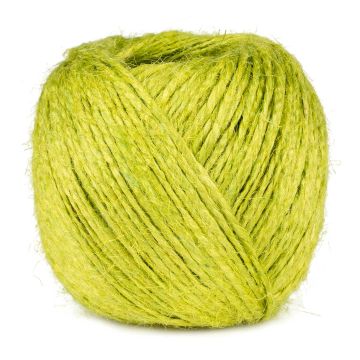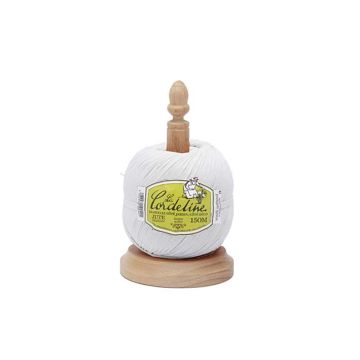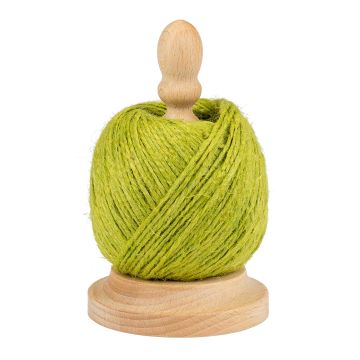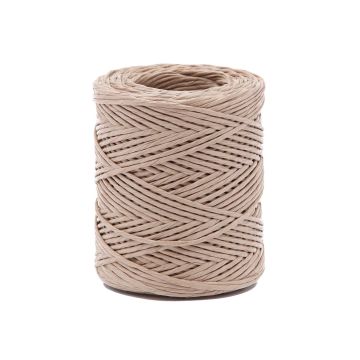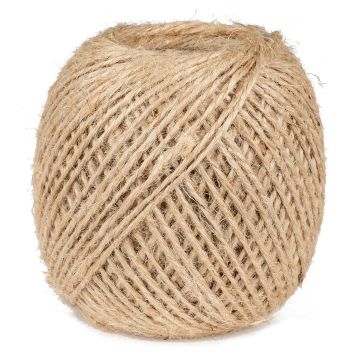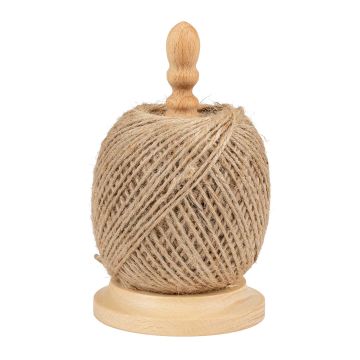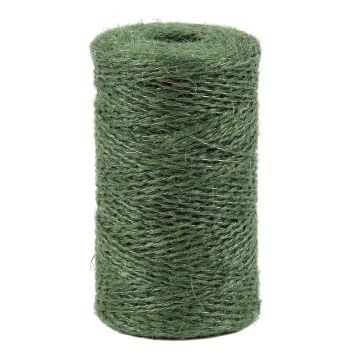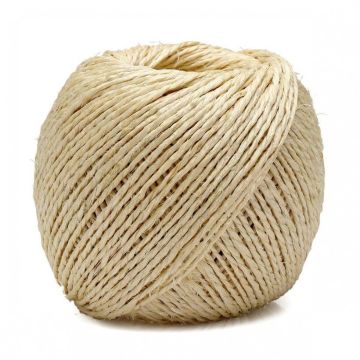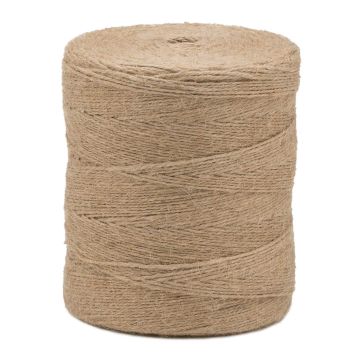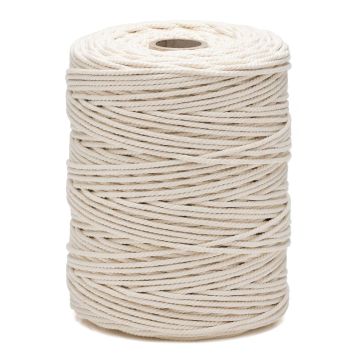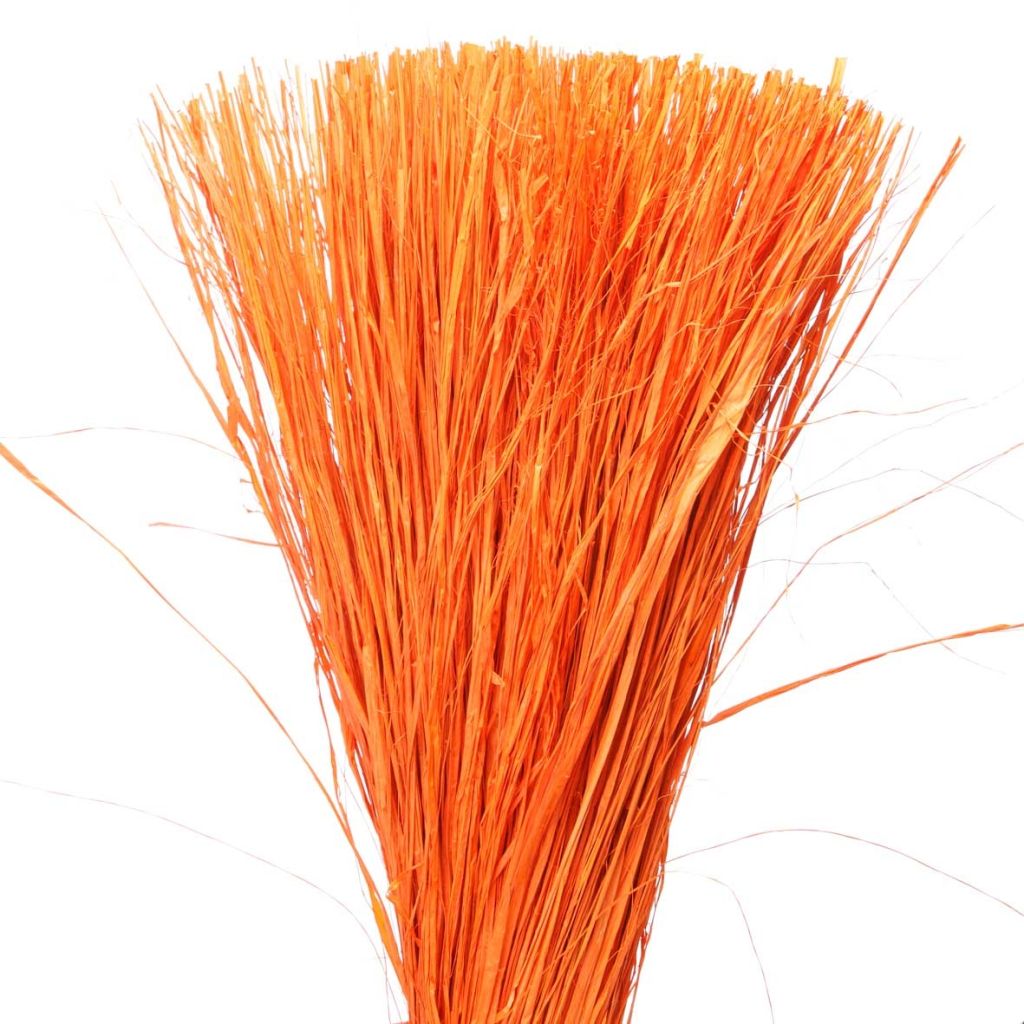

400g Cordeline Cordate Raffia
400g Cordeline Cordate Raffia
This item cannot be shipped to the selected country
Delivery charge from €5.90
Delivery charge from €5.90
Delivery charge from €5.90
Delivery charge from €5.90
Delivery charge from €5.90
More information
Schedule delivery date,
and select date in basket
We guarantee the quality of our plants for a full growing cycle, and will replace at our expense any plant that fails to recover under normal climatic and planting conditions.
From €5.90 for pickup delivery and €6.90 for home delivery
Express home delivery from €8.90.
From €5.90 for pickup delivery and €6.90 for home delivery
Express home delivery from €8.90.
From €5.90 for pickup delivery and €6.90 for home delivery
Express home delivery from €8.90.
From €5.90 for pickup delivery and €6.90 for home delivery
Express home delivery from €8.90.
From €5.90 for pickup delivery and €6.90 for home delivery
Express home delivery from €8.90.

This orange-coloured raffia is a long vegetable fibre that is both flexible and resistant, perfect for weaving, braiding, and creating a multitude of decorative objects, vibrant fashion accessories, enhancing a floral arrangement, or more traditionally, tying a bouquet or training any type of plant. With its beautiful light and vivid colour, it complements numerous pastel or brighter shades. It comes in the form of a large 400g skein, a long and thick ball made up of folded fibres measuring approximately 1.1m (4ft) each.
Raffia is a 100% natural plant material that comes from Raphia farinifera, a palm tree in the Arecaceae family. It is native to the marshy areas of Madagascar and the eastern coasts of Africa. Its leaves or palm fronds, which can reach 20m (66ft) long and 3 to 4m (10 to 13ft) wide, are the largest in the plant kingdom. Raffia fibre is obtained from the upper surface of the young leaflets: they are dried and then torn into thin strips that are rolled into long skeins. Smooth and flexible, but highly tear-resistant, raffia fibre can be easily tied without breaking. Its qualities have made it widely used for a long time and worldwide as a tie in horticulture and crafts. In Africa, it is used to make a wide variety of objects such as mats, baskets, hats, wallets, shoes, bags, fishing nets, hammocks, and curtains.
This orange raffia enhances all types of foliage, from green to purple, as well as grey and yellow. Its long 1.1m (4ft) fibres can be cut with scissors or a cutter, or used as is, depending on the needs. Raffia is traditionally used to tie any type of plant to its support, to secure the long stems of a climbing plant, or in the orchard to support a fruit-laden branch, for example, as it holds firmly without damaging the most delicate stems. It can be used to protect a graft point, or to hold a splint on a broken branch. The brightly coloured raffia has won over craft enthusiasts who weave and assemble it to make hats, handbags, and carnival skirts, dress up pots and flower boxes, create hanging decorations, embellish lampshades or bottles, and personalise floral arrangements. This orange raffia will be perfect for decorating an invitation card, creating a bulletin board, or decorating a table with small bows. Alone or in combination with other colours, it can also be used as a tie for gift packaging.
Also available in natural version and in several other colours.
.
Tips
Detailed features
Other Loose raffia
This item has not been reviewed yet - be the first to leave a review about it.
Garden string and ties
Haven't found what you were looking for?
Hardiness is the lowest winter temperature a plant can endure without suffering serious damage or even dying. However, hardiness is affected by location (a sheltered area, such as a patio), protection (winter cover) and soil type (hardiness is improved by well-drained soil).

Photo Sharing Terms & Conditions
In order to encourage gardeners to interact and share their experiences, Promesse de fleurs offers various media enabling content to be uploaded onto its Site - in particular via the ‘Photo sharing’ module.
The User agrees to refrain from:
- Posting any content that is illegal, prejudicial, insulting, racist, inciteful to hatred, revisionist, contrary to public decency, that infringes on privacy or on the privacy rights of third parties, in particular the publicity rights of persons and goods, intellectual property rights, or the right to privacy.
- Submitting content on behalf of a third party;
- Impersonate the identity of a third party and/or publish any personal information about a third party;
In general, the User undertakes to refrain from any unethical behaviour.
All Content (in particular text, comments, files, images, photos, videos, creative works, etc.), which may be subject to property or intellectual property rights, image or other private rights, shall remain the property of the User, subject to the limited rights granted by the terms of the licence granted by Promesse de fleurs as stated below. Users are at liberty to publish or not to publish such Content on the Site, notably via the ‘Photo Sharing’ facility, and accept that this Content shall be made public and freely accessible, notably on the Internet.
Users further acknowledge, undertake to have ,and guarantee that they hold all necessary rights and permissions to publish such material on the Site, in particular with regard to the legislation in force pertaining to any privacy, property, intellectual property, image, or contractual rights, or rights of any other nature. By publishing such Content on the Site, Users acknowledge accepting full liability as publishers of the Content within the meaning of the law, and grant Promesse de fleurs, free of charge, an inclusive, worldwide licence for the said Content for the entire duration of its publication, including all reproduction, representation, up/downloading, displaying, performing, transmission, and storage rights.
Users also grant permission for their name to be linked to the Content and accept that this link may not always be made available.
By engaging in posting material, Users consent to their Content becoming automatically accessible on the Internet, in particular on other sites and/or blogs and/or web pages of the Promesse de fleurs site, including in particular social pages and the Promesse de fleurs catalogue.
Users may secure the removal of entrusted content free of charge by issuing a simple request via our contact form.
The flowering period indicated on our website applies to countries and regions located in USDA zone 8 (France, the United Kingdom, Ireland, the Netherlands, etc.)
It will vary according to where you live:
- In zones 9 to 10 (Italy, Spain, Greece, etc.), flowering will occur about 2 to 4 weeks earlier.
- In zones 6 to 7 (Germany, Poland, Slovenia, and lower mountainous regions), flowering will be delayed by 2 to 3 weeks.
- In zone 5 (Central Europe, Scandinavia), blooming will be delayed by 3 to 5 weeks.
In temperate climates, pruning of spring-flowering shrubs (forsythia, spireas, etc.) should be done just after flowering.
Pruning of summer-flowering shrubs (Indian Lilac, Perovskia, etc.) can be done in winter or spring.
In cold regions as well as with frost-sensitive plants, avoid pruning too early when severe frosts may still occur.
The planting period indicated on our website applies to countries and regions located in USDA zone 8 (France, United Kingdom, Ireland, Netherlands).
It will vary according to where you live:
- In Mediterranean zones (Marseille, Madrid, Milan, etc.), autumn and winter are the best planting periods.
- In continental zones (Strasbourg, Munich, Vienna, etc.), delay planting by 2 to 3 weeks in spring and bring it forward by 2 to 4 weeks in autumn.
- In mountainous regions (the Alps, Pyrenees, Carpathians, etc.), it is best to plant in late spring (May-June) or late summer (August-September).
The harvesting period indicated on our website applies to countries and regions in USDA zone 8 (France, England, Ireland, the Netherlands).
In colder areas (Scandinavia, Poland, Austria...) fruit and vegetable harvests are likely to be delayed by 3-4 weeks.
In warmer areas (Italy, Spain, Greece, etc.), harvesting will probably take place earlier, depending on weather conditions.
The sowing periods indicated on our website apply to countries and regions within USDA Zone 8 (France, UK, Ireland, Netherlands).
In colder areas (Scandinavia, Poland, Austria...), delay any outdoor sowing by 3-4 weeks, or sow under glass.
In warmer climes (Italy, Spain, Greece, etc.), bring outdoor sowing forward by a few weeks.

































